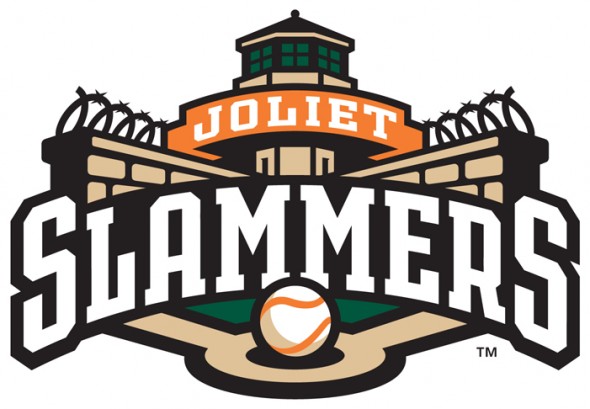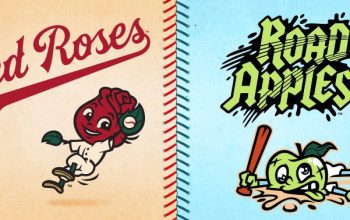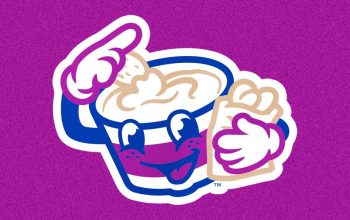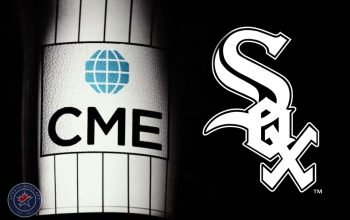When Jake Blues makes his dramatic exit from prison at the beginning of the 1980 classic The Blues Brothers, he emerges from beneath a guard tower atop the east gate of the Joliet Correctional Center, a real prison that opened in 1858. Jake finds his brother Ellwood waiting for him in a 1974 Dodge Monaco—a police car that he had purchased at auction in nearby Mount Prospect, Illinois. Reunited, the brothers set off to get their band back together in pursuit of their ultimate quest—their mission from God—to raise $5,000 to save the Saint Helen of the Blessed Shroud orphanage from closure.
This memorable opening scene—along with the fact that John Belushi’s character is called “Joliet Jake”—put the town of Joliet, Illinois, on the cultural map as the home of the most iconic prison this side of Alcatraz. The prison has been featured in songs from Memphis Minnie’s 1932 “Joliet Bound” to Bob Dylan’s “Percy’s Song,” released in 1985. Countless fictional characters are former inmates of the prison, and since its closing in 2002, the building itself has been used as the setting for TV shows like Prison Break and Breakout Kings and movies like Derailed and Let’s Go to Prison. (Hey, they can’t all be The Blues Brothers…)
So when a new independent Frontier League baseball team debuted in Joliet in 2011, the club decided to fully embrace their hometown’s identity.
“Joliet is a prison town,” said John Dittrich, who was the Slammers’ general manager when the team debuted (he was calling from his “retirement job” at the Cleveland Indians’ spring training camp). “It was at one point home to a federal penitentiary, as well as a state penitentiary, as well as the county seat, so it had the county jail. Of course, it’s a city, so it has a city jail. It has a youth detention facility. It’s well known as a prison town.”
The Joliet Slammers replaced the town’s previous team, the Northern League’s Joliet Jackhammers, who struggled with low attendance and were sold amid substantial financial debt. The Slammers’ logo, designed by Dan Simon of Studio Simon, focuses on the imposing impression left by the prison.
“The primary logo is full of details that link back to the prison, with wire-topped walls and a guard tower included,” said the team’s current general manager Heather Mills.
A little-used alternate logo featuring an officer’s shield (which Simon submitted for consideration as a primary logo) reinforces the law-enforcement aspect of the Slammers’ identity.
The decision to name the new team for a well-known penitentiary, as with many team names, was not immediately embraced. “Some people didn’t like it at first,” Dittrich said, “but a lot of the more creative logos are not popular at first, and then they hit a home run. This one, I think, hit off pretty well after it was unveiled.”
Of course, while the name Slammers is most notable for being a euphemism for prisons, there is a connection to the game on the field.
“We thought Slammers was a pretty good name because it not only signified the main industry in town—at one point, it was the main industry—but also it was a baseball term,” Dittrich said. “Grand slammer, a good hitter, whatever it might be, is a slammer.”
The Slammers identity is unusual in sports in that it focuses on law enforcement rather than lawlessness. It’s far more common to see teams named for criminals—Bandits, Outlaws, Gunslingers, etc.—than for say, police officers, and the team made it a point to focus on that aspect of the identity.

It’s for this reason that the logo above, which Simon submitted and says is one of his favorite creations ever, was not adopted as the team’s primary logo. He explains, “They opted not to go with this direction because … they wanted the primary logo to focus on the law side of the Joliet prison story, not the lawless side.”

 That being said, “there was no escaping the fact that there are inmates in the prison,” Simon said, “and in minor league baseball, a lot of times, teams don’t want to do a person in the logo. They want to have some kind of a character.”
That being said, “there was no escaping the fact that there are inmates in the prison,” Simon said, “and in minor league baseball, a lot of times, teams don’t want to do a person in the logo. They want to have some kind of a character.”
So while the primary identity focuses on the prison instead of a prisoner, it seemed inevitable that an inmate would be part of the team’s identity in some way, and the bird made its way into the identity system.
“The secondary logo includes the mischievous mascot J.L. Bird,” Mills explains. “Say it quickly now and it makes more sense.”
There are a handful of things that a baseball team in Joliet could have seized on for an identity—Al Capone used to hang out in the Rialto Square Theatre, it sits on Route 66, and the first Dairy Queen opened there, to name a few ideas—so it’s notable that the Slammers seized on the town’s notoriety as a prison town. Insomuch as a logo based on a prison can be, it’s a fun identity, and it’s been part of a turnaround for baseball in Joliet. The team was awarded the Frontier League’s Commissioner’s Award of Excellence after last season, and look to be on firm footing going forward.
And while I haven’t been to a game there, I look forward to some day visiting Joliet (the town, not any of its prisons), stepping up to a concession stand at a ballgame, and ordering dry white toast, four fried chickens, and a Coke.















